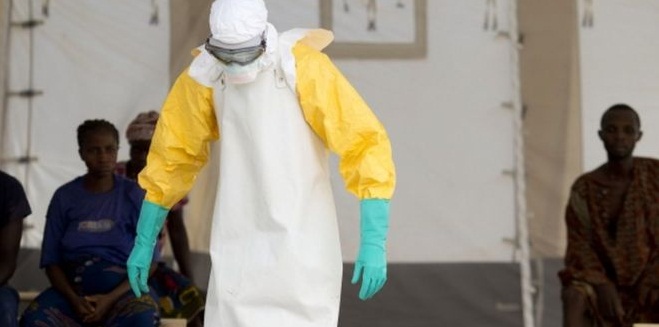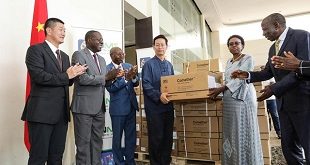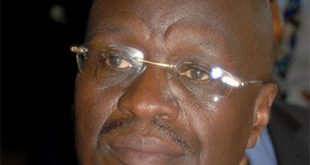
COMMENT: By Matshidiso Moeti
Ghana’s insurance scheme and Ethiopia’s a cadre of health-extension workers prove it is achievable
Three years ago, a young boy in rural Guinea fell victim to the Ebola virus. An epidemic soon took hold of West Africa. By the time it was contained, it had killed more than 11,000 people and devastated the economies of the three hardest-hit countries: Guinea, Liberia and Sierra Leone. And it provided a sobering lesson about the need for countries to build resilient health systems capable of responding swiftly and effectively to emergencies.
But strong health-care systems are critical not only in times of crisis. They are also needed to provide children with life-saving immunisations, to provide women with reproductive care, including contraception, and to provide all people with preventive services and treatments to address the growing burden of non-communicable diseases.
When people are healthy, everyone benefits. More kids attend school, and more adults are able to work, buy food, and pay school fees, providing invaluable economic contributions to their families, communities, and countries. Health crises are less likely to take hold; if they do, the existence of an effective health system with sustained links to local communities facilitates a more effective response.
The case for providing universal health care (UHC) is indisputable. Yet an estimated 400 million people around the world still lack access to basic health services, and out-of-pocket health costs drive 150 million people into poverty every year.
Fortunately, the global community has begun to coalesce around the idea that all people, regardless of where they live or how much money they have, should be able to access the health services they need, without risk of financial hardship. Operating under the belief that health is a fundamental human right, governments must provide quality care at prices all citizens can afford.
Implementing UHC is not easy, particularly in low- and middle-income countries, where resources – both human and financial – are limited. But it is not impossible; indeed, we already know what works. If we are to ensure health and well-being for all, at every stage of life – Goal 3 of the Sustainable Development Goals – then we cannot shy away from the challenge.
A vital first step is to stop focusing only on treating specific illnesses, and instead to adopt a more holistic approach to maintaining the health of individuals and communities. We must also make health care less cumbersome, by ensuring that health services are integrated, with patients able to receive all needed services with as few visits to clinics as possible. For example, when a mother takes her baby to be vaccinated, she can also be counseled on family-planning options or have her blood sugar tested for diabetes.
To this end, building strong primary health-care systems is vitally important, particularly in Africa. Primary health-care providers are, in many ways, a health system’s “first responders,” helping to identify threats, whether to individuals or, in the case of disease outbreaks, to entire communities. They ensure access to basic preventive and therapeutic health services – such as vaccines, maternal and child health care, and treatment for chronic diseases – and can refer patients to specialists to manage more complicated health issues. They also provide essential health-promotion information that can help people detect, manage, and avoid illness.
 The Independent Uganda: You get the Truth we Pay the Price
The Independent Uganda: You get the Truth we Pay the Price



